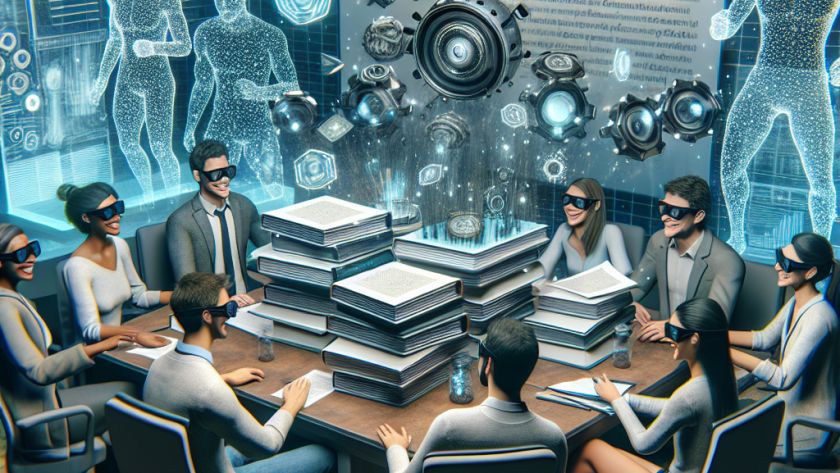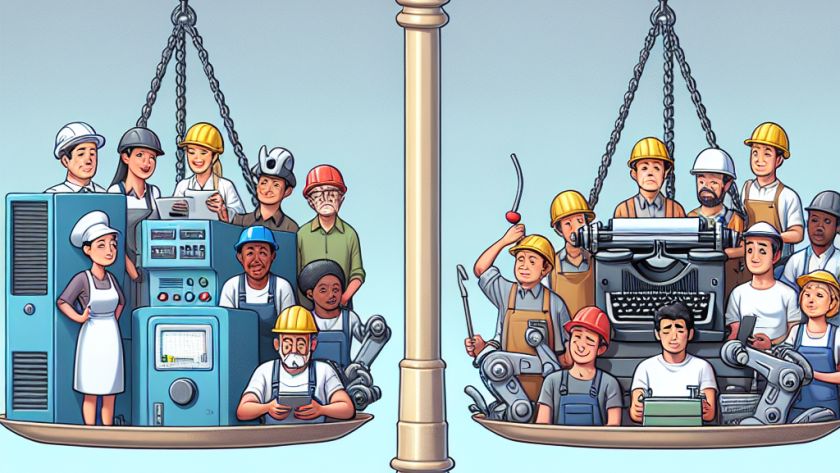MIT’s Stephen A. Schwarzman College of Computing has opened its new headquarters in Building 45, creating a hub for computing on campus. The building is considered a physical manifestation of the college's mission to fortify core computer science and AI, integrate computing throughout MIT, and advance the social, ethical and policy considerations of the discipline.
MIT…










